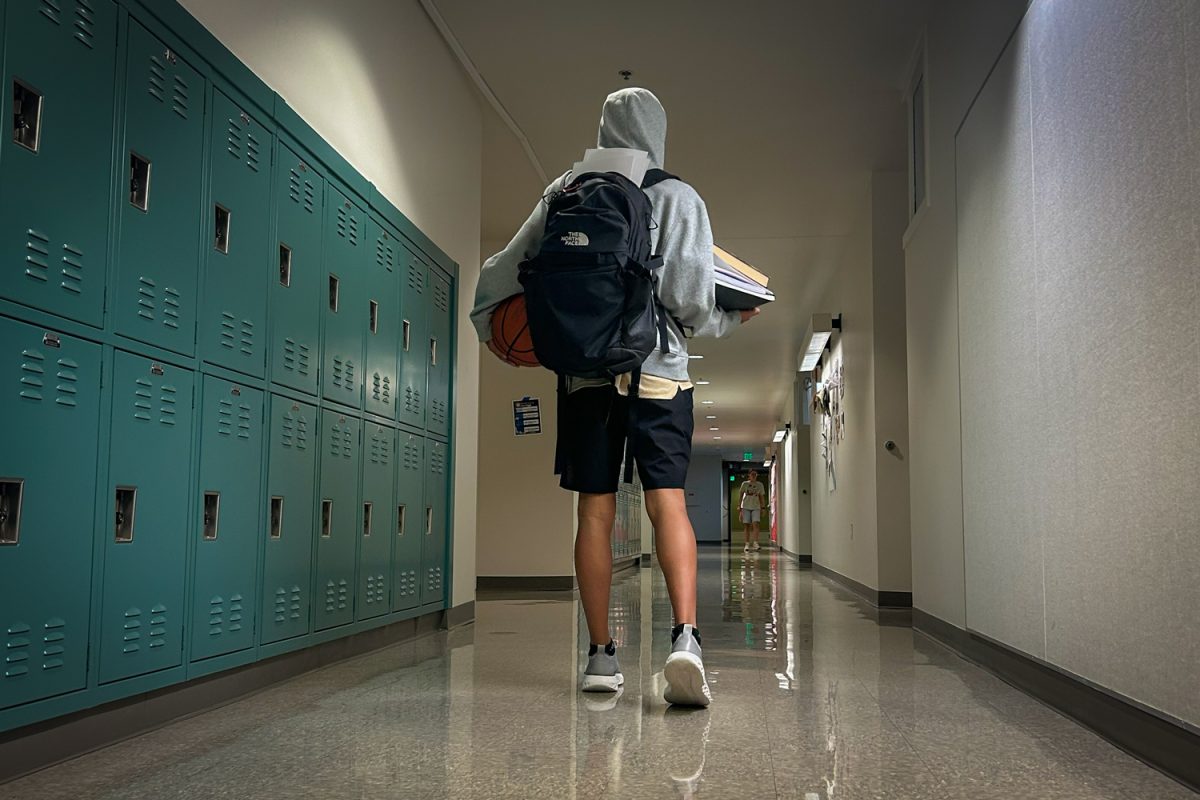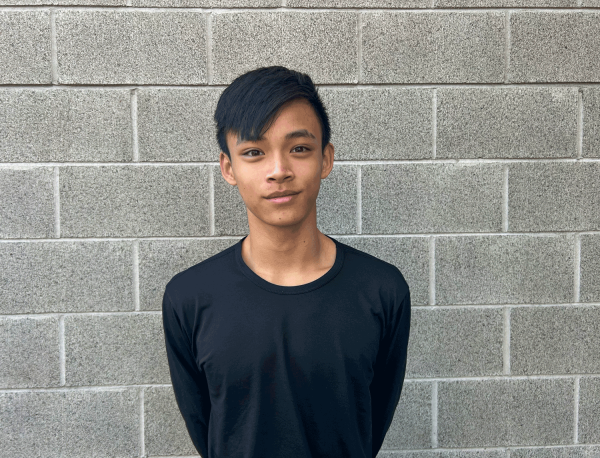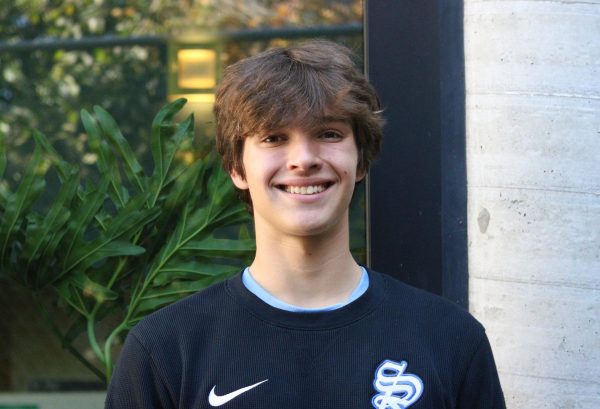It’s 2:55p.m. on a Wednesday. The school day ends, but soccer practice waits, followed by another hour of piano practice before you can start on homework. You wonder to yourself how many hours of sleep you will get tonight. By the time you get home, exhaustion and stress set in. You think about how much longer you can keep this up.
 For many students, the pressure comes not only from academic goals but also from the culture that surrounds them. Junior Angelina Hinojosa surveyed about 100 upper school students about stress and workload, and she found that the expectations set at UPrep can push students to overschedule.
For many students, the pressure comes not only from academic goals but also from the culture that surrounds them. Junior Angelina Hinojosa surveyed about 100 upper school students about stress and workload, and she found that the expectations set at UPrep can push students to overschedule.
“This culture at UPrep of having to have an A in every single subject to actually be a good student is like making people put more on their plate than they need to,” Hinojosa said.
Junior Orrin Spiess echoed this feeling.
“At a private school like this, there’s such a culture that’s normalized that kind of behavior,” Spiess said.
Spiess participates in multiple activities: volunteering, school sports, UPrep’s Community Ethics and Culture Council and part-time jobs, including being a janitor for an apartment complex in Chinatown.
“I think it’d be remiss of me as someone who has the privilege to go to private school, to not go through that experience so that I have a more well-rounded worldview going into college,” Spiess said.
Sophomore Desmond Payne-Goldman also believes that students strive for a high GPA and good extracurricular activities because they attend a school like UPrep.
“Everyone’s so stressed about their grades all the time and stuff like that because everyone’s parents are pushing them to, you know, you send them to UPrep for a reason, and it’s to get yourself into college,” Payne-Goldman said. “But at the same time, it doesn’t mean you should work yourself to death, try to get into your dream school.”
Hinojosa noticed through her survey that the workload itself is also a major driver of stress.
“I found that higher homework loads, people tend to be more stressed, as well as inflexible times that their teachers give them. People had trouble with rescheduling assignments as well as getting extensions,” Hinojosa said.
The paw system at UPrep is a rating system that breaks down the importance of an assignment or assessment based on time and point volume, to allow teachers to spread out their work.
Counselor Cindy Taketa has advice about staying healthy for students who may be feeling stressed.
“You need to be just eating. You need to be sleeping,” Taketa said. “Recovery time, I think, is a huge term that I would add to anybody’s vocabulary about how to take care of themselves.”
However, students sometimes struggle to find a healthy balance between workload and keeping up with their needs.
“I try and force myself to have a moment to breathe Friday or Saturday, but like Saturday night, I feel like is when I tend to get really stressed,” Spiess said.
While much of the pressure comes from the students themselves and the school culture, parents can also push students to do extracurricular activities.
“[There are] some parents who really let their students’ lead and do what they’re interested in,” Taketa said. “And then there’s some parents who…expect their student to be involved in a certain amount of things.”
According to the Authentic Connections survey, an annual well-being and mental health survey at UPrep, on average, upper-schoolers feel about half as rested as they should be. The CDC states that kids between the ages of 13 and 18 need eight to ten hours of sleep per night.
“In a perfect world, I should be getting more than seven and a half hours of sleep at night.” Spiess said. “But I would be shocked if I heard that a majority of students at UPrep are getting more sleep than that on average.”
College counselor Cris Monroy also sees this dynamic. He reminds students to prioritize their health first.
“I tell my students all the time, I want you to be a human being and eat and sleep while also doing everything that you’re doing,” Monroy said.



